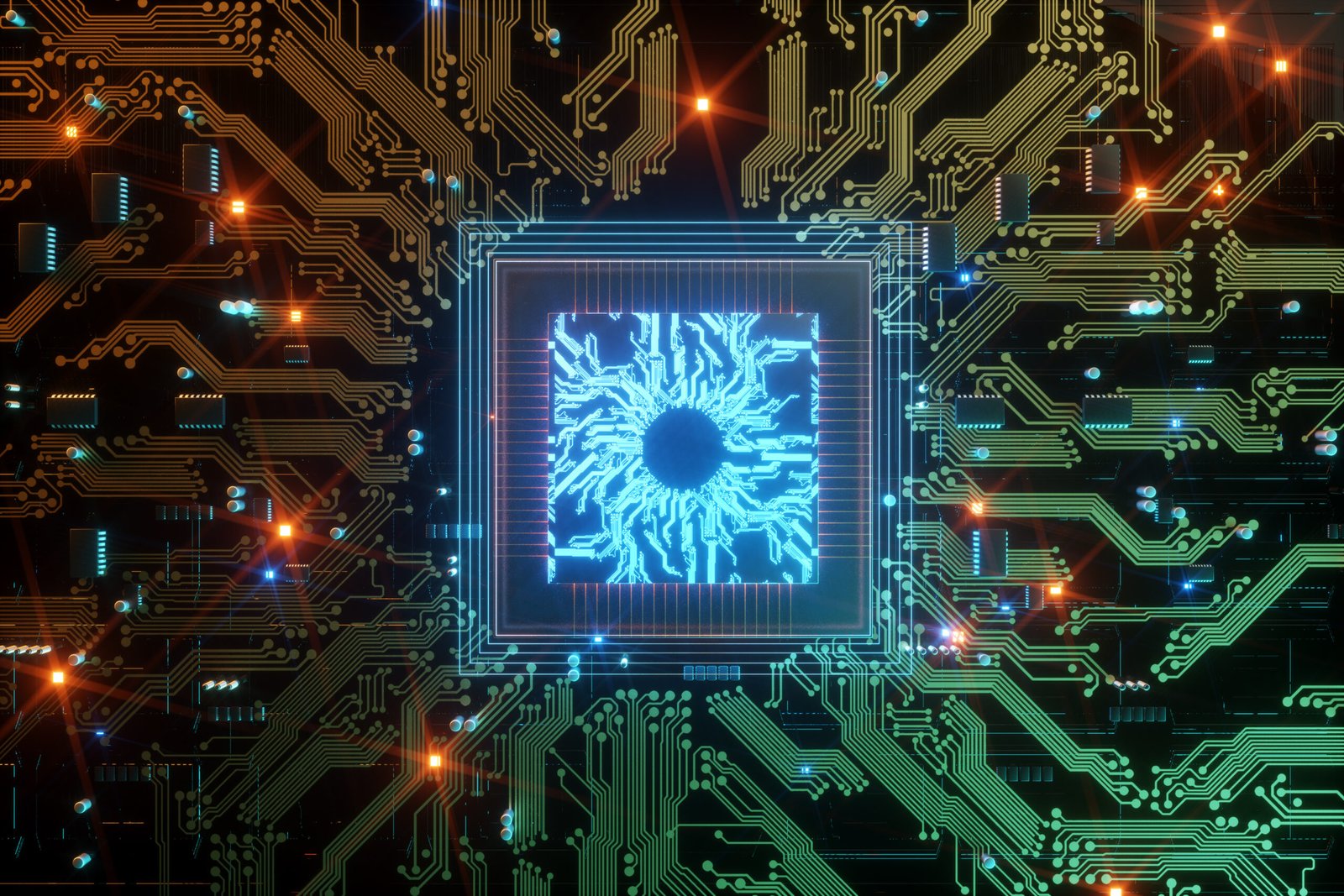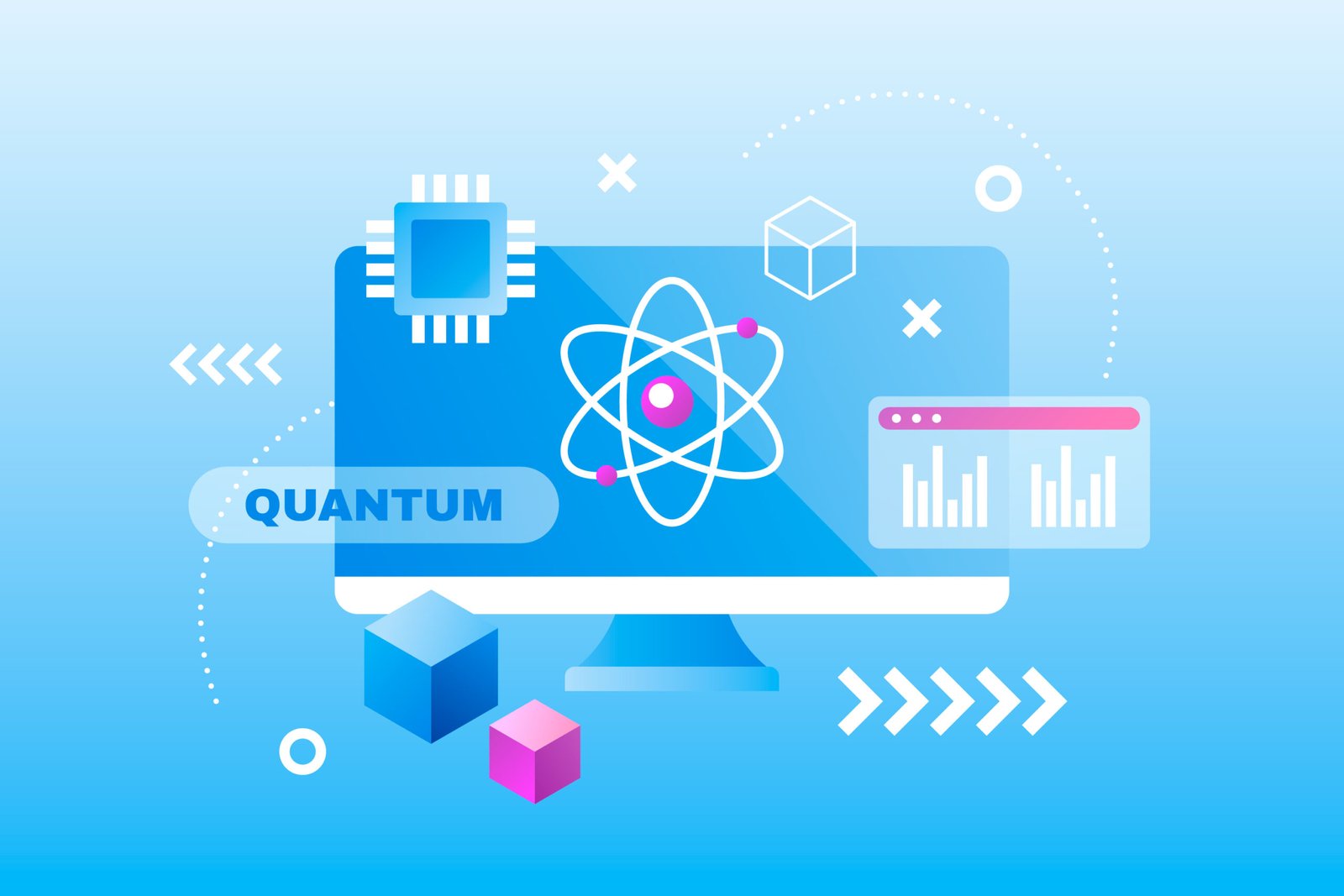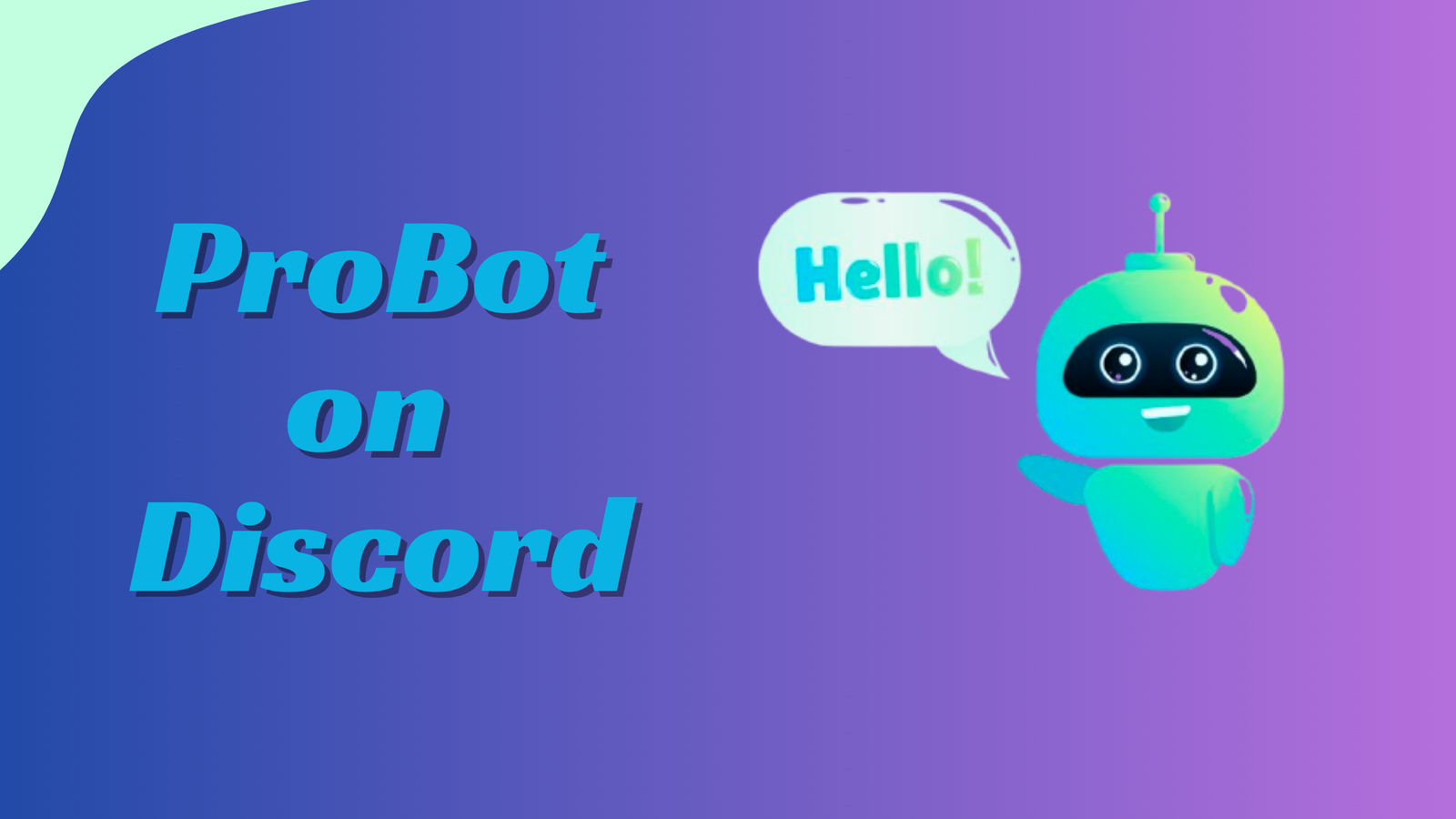
Quantum Computers: The Funky, Mind-bending Future Revolution!
Imagine waking up in a parallel universe in which computers behave as Schrödinger’s cat—both asleep and awake at once. No, this is Quantum Computing—a mind-bending, rule-breaking discipline that might alter everything from artificial intelligence to cryptography—not a sci-fi story! This ride is going to be quirky, strange, and shockingly awesome; thus, get ready!
Classical and Quantum Computing: An Interpretive Story of Two Worlds
Like the one you are reading this on, classical computers process data in binary 0s and 1s. Compared to their quantum relatives, they are predictable, dependable, and very dull. Conversely, quantum computers celebrate the oddity of quantum mechanics. They employ qubits, which can be 0, 1, or both at once, rather than bits! They can simultaneously handle enormous volumes of data.
Consider it so that:
- Like a light switch—either ON (1) or OFF (0—a classical computer is.
- A quantum computer functions like a limitless dial, continuously tuning between the two great forces that define quantum computing.
Before it’s measured, a qubit exists in a state where it’s both 0 and 1 at the same time. Consider it like a spinning coin; until it lands, it has heads and tails both. Qubits can get “entangled,” in which case, regardless of their distance, one changes and the other reacts quickly. Eerie action far away? Yes, even Einstein found it confusing!
Why Should You Give Quantum Computing Any Thought?

What then is the major difference? Why are governments, companies, and even Google and IBM funding quantum research with billions? Quantum computing is a whole distinct approach to computing with amazing uses; it is not only faster.
Destroying Encryption
The encryption of today depends on extremely difficult mathematical problems that conventional computers would need millions of years to solve. An atomic computer? In a few seconds. Should we fail to create quantum-proof security, hackers of the future could have fun with our passwords!
Transforming Tools and Materials in Medicine
By simulating molecules at an atomic level, quantum computers open up hitherto unthinkable new drug discoveries and materials. Imagine ten times longer batteries or a cure for diseases! Science fiction is not for long either.
Correcting Climate Change
Quantum computers can maximize energy consumption, replicate climate trends, and even design improved solar panels.
Reduced pollution, improved sustainability, and a better planet? Register us!
Changing artificial intelligence
By processing enormous volumes at an unheard-of pace, quantum computing could propel artificial intelligence. Smarter self-driving cars, more accurate medical diagnoses, and next-level automation follow from this.
Stock markets and financial modeling
The financial industry runs on simulations and forecasts; quantum computers could speed up and more precisely forecast markets. Risk assessment, fraud detection, and portfolio optimization would start a whole new chapter of effectiveness! Thus, what’s the catch? Still in its early years, quantum computing presents some major obstacles to be solved:
Maintaining Qubits Stable
Qubits are quite delicate and require almost absolute zero temperatures to operate as they should. “Quantum decoherence”—that is, a meltdown—can be brought about by even the smallest disruption.
Error Rates are High:
Because the quantum world is erratic, quantum systems generate many mistakes, unlike traditional computers! Building quantum hardware is shockingly costly, not only expensive. Think millions of dollars only to chill the system!
Scalability Problems:
At the prototype level right now, scaling up quantum computers to thousands or millions of qubits presents a great difficulty.
Quantum programming is complex.
Writing software for quantum computers calls for a fresh thinking approach; thus, not many programmers speak quantum languages yet!
Still, rest assured! Working diligently to make quantum computers more stable, scalable, and reasonably priced are scientists and engineers.
The Quantum Rockstars: Command Leader
Many well-known names are in the quantum race, each vying to create the most potent quantum computer:
- In 2019, Google claimed quantum supremacy with the creation of Sycamore, a quantum processor featuring 53 qubits.
- Working on a 1,000+ qubit machine, IBM provides cloud-based access to quantum computers.
- D-Wave focuses on quantum annealing and speedier solutions to optimization challenges.
- Working on their quantum research initiatives and cloud-based quantum apps are Microsoft and Amazon.
- China is a worldwide rival since it is rapidly developing quantum communication and computation.
- Faster than a photon, this race might see the winner permanently alter the planet.
The Future: When Might Quantum Computers Rule?
- Though they will cooperate to address particular issues that classical computers cannot manage, quantum computers will not replace their counterparts anytime soon.
- In five to ten years, innovations in artificial intelligence, encryption, and drugs will abound.
- Financial markets, logistics, and the energy industry might all become quantum-driven in ten to twenty years.
- Quantum technology could be as ubiquitous in 20+ years as cellphones are now!
Would you like to future-proof your employment? First, pick up quantum programming languages like Cirq (Google) or Qiskit (IBM). Your trip in quantum starts right now!
Conclusion
Quantum computers contain superposition and entanglement; hence, they are exponentially more powerful. The future of artificial intelligence, medicine, cybersecurity, and finance will be transformed by quantum developments using qubits, which can exist in many states at once!
FAQS
Q1:Can I get a quantum computer for my house?
Still not yet! Massive, delicate, and require ultra-cold surroundings to function are quantum computers. But who knows what? Future times. Perhaps we shall all have quantum gaming PCs!
Q2: Is a quantum computer dangerous?
It depends! Used morally, it may transform science. However, in the wrong hands, it could compromise encryption, so quantum-proof security becomes even more important!
Q3: How might I start using quantum computing?
Start with Google’s Cirq! or IBM’s Qiskit, a friendly quantum programming tool. Also, follow quantum news; this topic is rapidly changing!
Last Notes: The Quantum Revolution Is Right Here
Quantum computing represents the direction of technology, not only a fascinating concept. From life-saving drugs to hacking-proof encryption, quantum physics is poised to completely rethink all we know about computing. Thus, keep asking questions, keep ready, and get ready for a future driven by quantum technologies!







